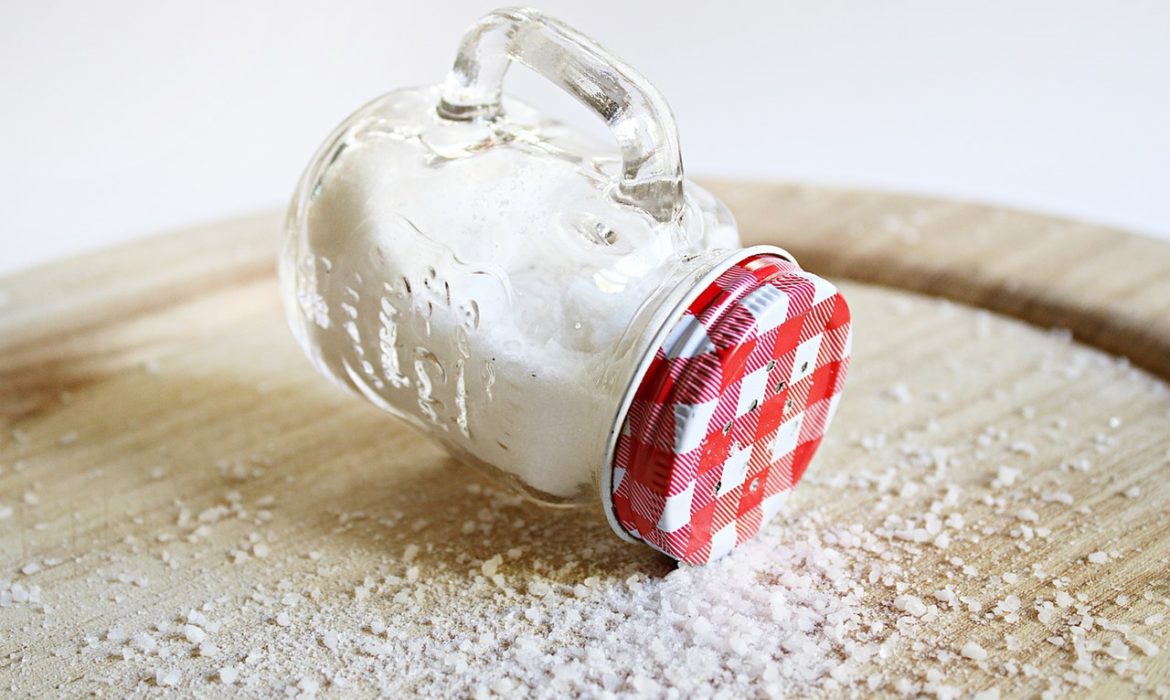Q: I have a persistent salty taste in my mouth. What is causing this, and what should I do?
A: A salty taste in the mouth is most often related to a change in the amount of saliva your body is producing, the chemical composition of your saliva or both. Saliva contains substances that chemically interact with food and stimulate the taste receptors on your tongue and other parts of your mouth.
The influence of saliva on the taste of food is quite complex. Our taste buds are constantly stimulated by saliva. For example, there is enough sodium and chloride, the two ingredients of salt, in our saliva to stimulate our taste receptors for salt. But because the amount of salt in the saliva is relatively constant, our taste buds adapt to our usual level of salivary salt and therefore our own saliva does not normally taste salty.
You could experience a salty taste in your mouth if either the concentration of salt in your saliva rose above your usual amount of salt, or your taste buds temporarily became more salt-sensitive.
Two common reasons why these changes in saliva or taste bud sensitivity occur are:
- Side effects of medication. There are about 400 different medicines that can alter taste sensation.
- Dehydration. You might not even be aware that you are not drinking enough water. Remember that alcohol and caffeinated drinks can be dehydrating.
Other causes include:
- Excessive tears. We are constantly making tears to keep our eyes moist. These tears drain from our lower eyelids through the tear ducts that end inside the nose. Tears can easily drain from there into the back of our throat, causing increased salt in the mouth.
- Diseases of the salivary glands. For example, an autoimmune disorder called Sjogren’s syndrome damages the salivary glands and causes decreased production of saliva. Usually a dry mouth is the more bothersome symptom, rather than a salty taste in the mouth.
- A sinus infection with postnasal drip. The infected mucous can have a high salt concentration, and it can drip into the back of your throat and affect the amount of salt in your mouth.
- Acid reflux. Usually this causes a sour or bitter taste in the mouth, but it can also be the reason for a salty taste.
My first suggestion would be to increase the amount of water you drink. If you are taking a medication prescribed by your doctor that you think may be causing the salty taste, speak with your pharmacist or call the doctor’s office for advice. Also consider any over-the-counter medications, herbs or supplements as potential causes of the salty taste.
If the problem persists, arrange an appointment with a healthcare professional.












